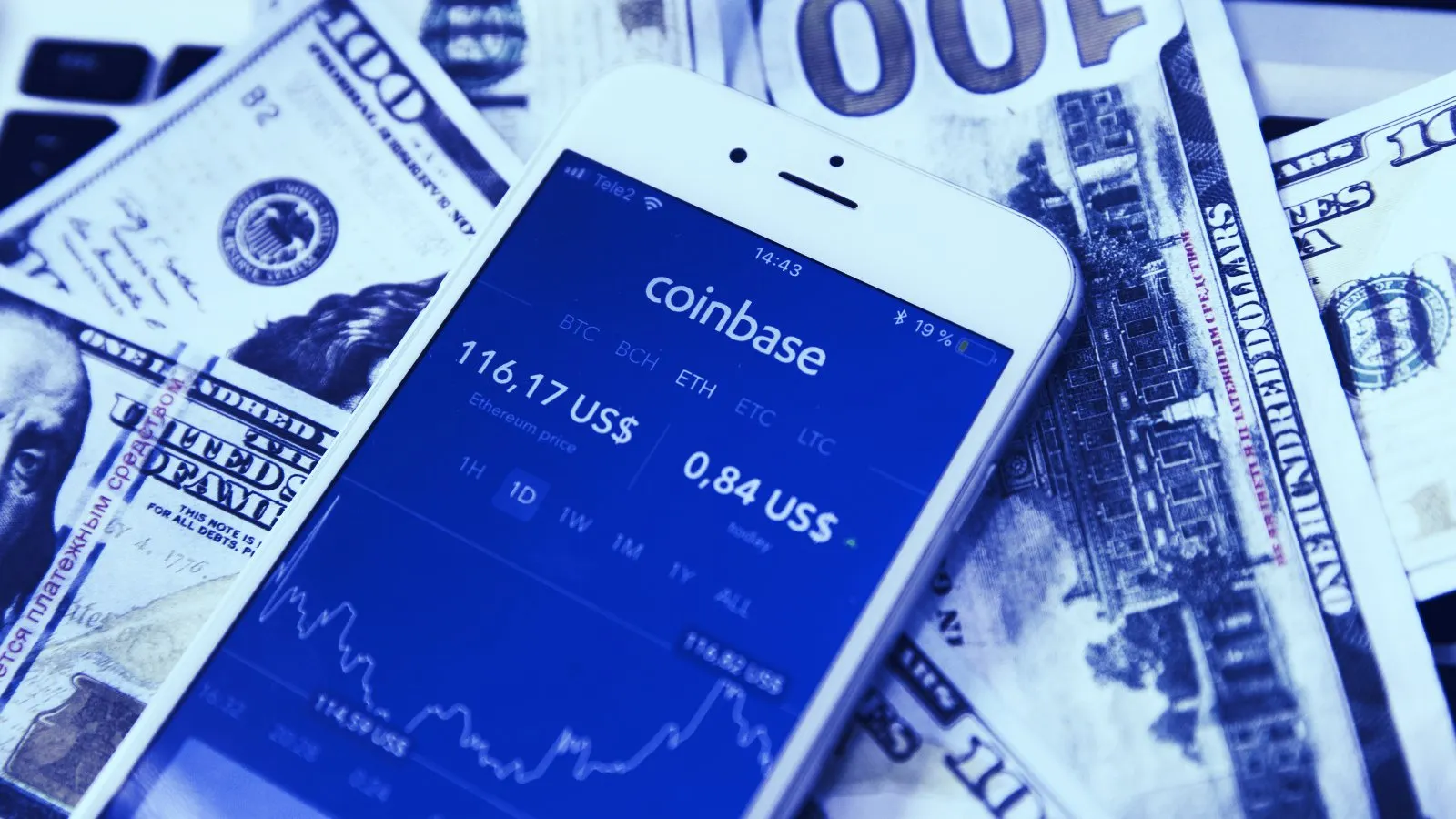Crypto exchange FTX launched Coinbase Pre-IPO tokens (CBSE) this morning as part of its Tokenized Stocks product line, the firm said in an announcement.
The tokens have seen over $2 million traded in the past hours and are currently being traded for $231.
ok guys we did ithttps://t.co/4j6ebZJgMP
with spot margin, up to 5x! pic.twitter.com/asvRx0EEZk
— SBF (@SBF_Alameda) December 22, 2020
The tokens were immediately brought up by traders looking to bet on a high valuation of Coinbase’s upcoming IPO.
Launched earlier this year, Tokenized Stocks are an FTX product that track prices of popular equities—traded on traditional exchanges—and are purchasable via cryptocurrencies. The tokens are backed by German financial institution CM-Equity, which in turn holds the actual shares represented by the tokens.
Coinbase is currently valued at $8 billion, with its IPO listings seeing rumors of its market cap ranging from $40 billion to as much as $80 billion. However, while the company itself has no actual shares on the market yet, the Pre-IPO tokens are a speculative bet that will convert to the equivalent share prices at the end of Coinbase’s first public day (the CBSE will “expire” then).
This means, hypothetically, that if traders purchase $10 worth of CBSE today and Coinbase shares trade in public markets at $15, they stand to gain 50% on their initial investment. However, if the shares trade at any value less than $10, the traders see a loss on their CBSE investment.
In case the IPO does not take place at all, the tokens will expire at a Coinbase valuation of $8 billion on June 1, 2022, as per the offering document. CBSE balances will cash-expire to $32 then, in line with the valuation.
The maximum market capitalization of CBSE is limited to $250 million, FTX said. In addition, the volatility of such tokens is limited to 20%, meaning CM-Equity, the counterparty of these tokens, could close out positions at its discretion.
Meanwhile, FTX deemed CBSE tokens as a “high risk” investment and stated traders faced several risks on their purchase—including the possibility of CM-Equity not paying out at expiry. “There is a risk of partial or complete loss of the investment,” the exchange said.

